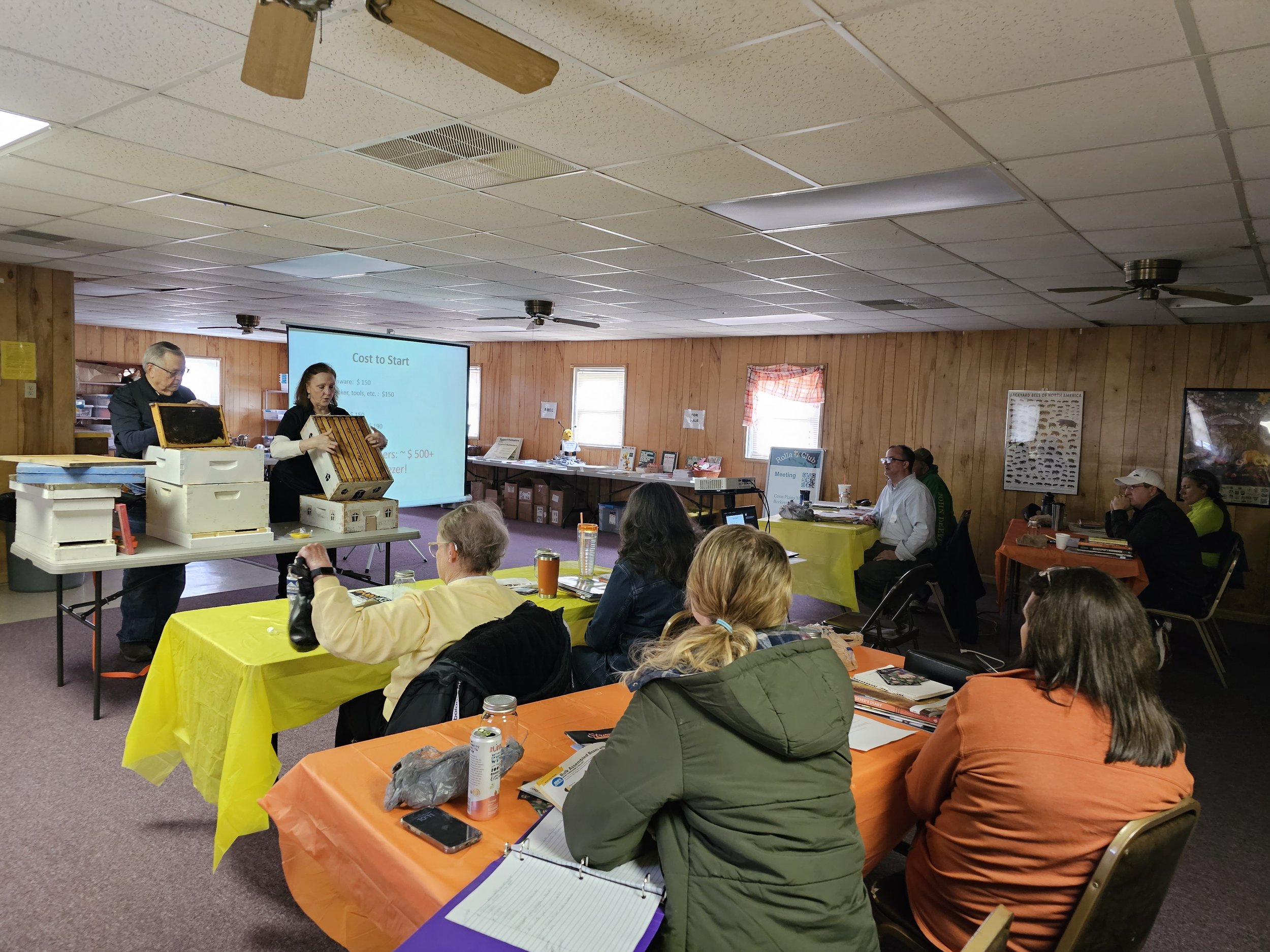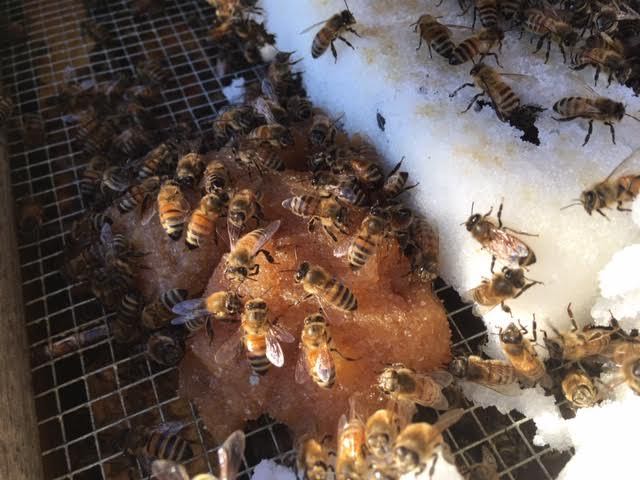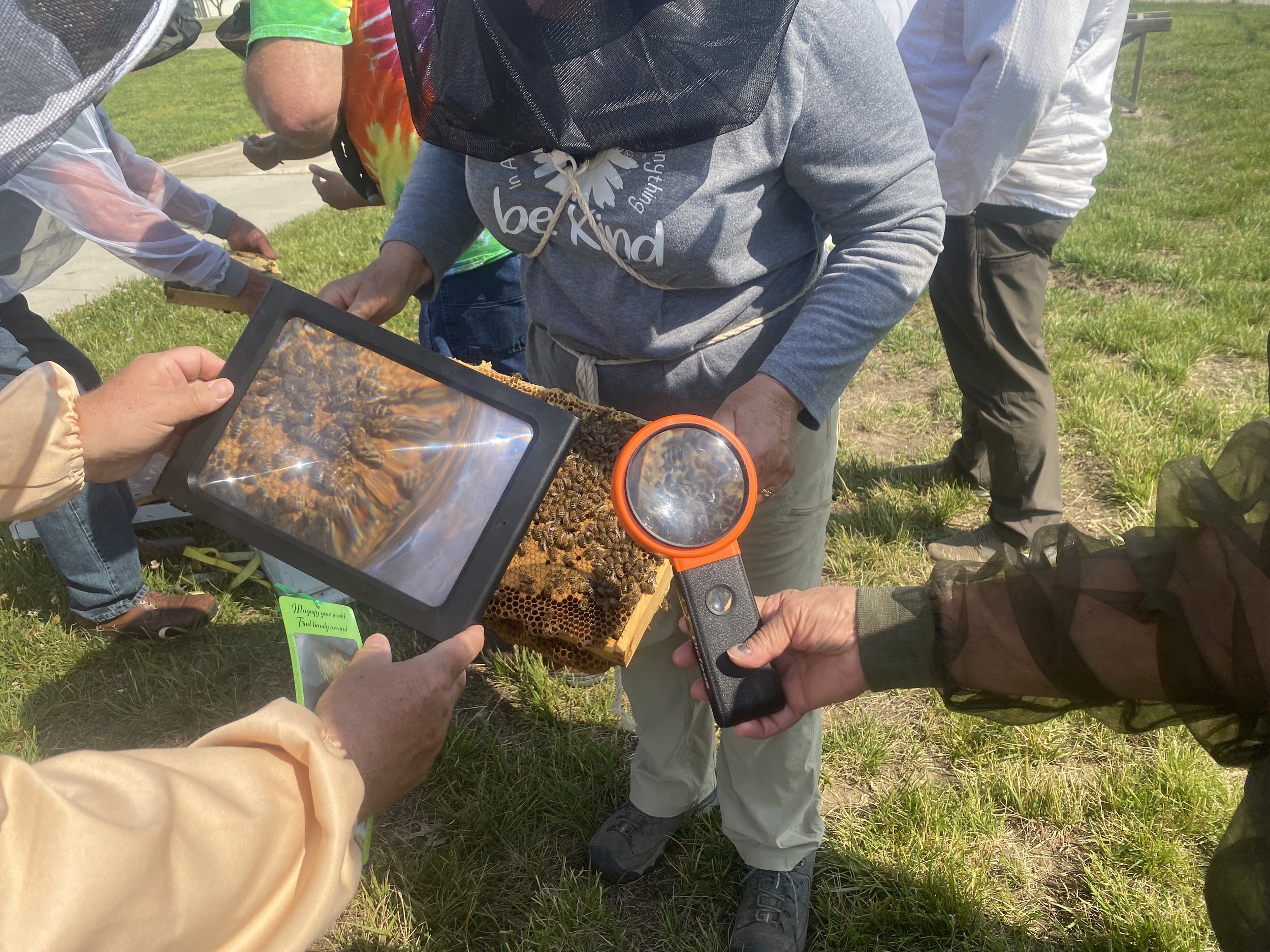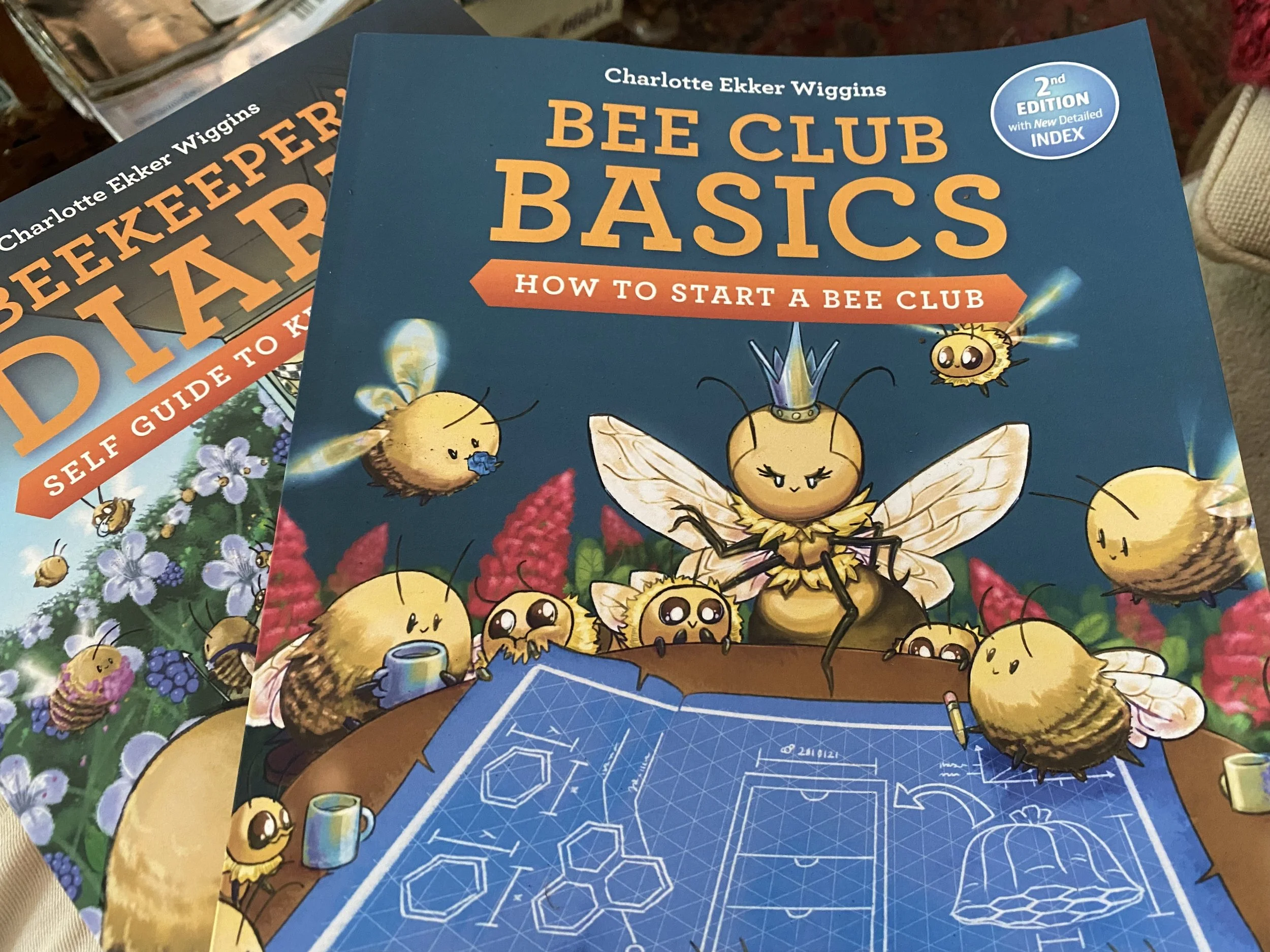Learn About Bees. Take a Class!
/My bee buddy david draker, left, and I have taught beginning beekeeping classes for many years. this year we are turning the class over our new great plains master beekeeping journeyman, a beekeeping program out of University of nebraska at lincoln training beekeeping educators. (christine richards photo)
Learn About Bees. Take a Class!
If you’re one of those who think beekeepers are basking by fireplaces resting over winter, think again. Winter is when most beekeepers are catching up – on reading, hive repairs, classes, and planning plantings. We don’t get to spend time with our bees, that’s true, but winter is anything but relaxing. Before you know it, bees are leaving hives to forage for pollen and start their spring increases all over again, if you’re lucky. National numbers suggest we are now losing one out of every two colonies over winter.
So why would anyone want to keep bees? Actually not everyone should be a beekeeper. If you’re thinking you are “saving bees,” native bees are the ones that need help, not honey bees. Plant native trees, shrubs and flowers to provide unique food sources native bees need. Bees are important. One out of every three bites of healthy food are pollinated by bees, honey and native ones.
1. When I started keeping honey bees, the first question I was usually asked was what was I going to do with “all of that honey.” I didn’t start keeping bees for honey; I wanted bees to help me with fruit tree pollination, one of the many reasons someone also might want to be a beekeeper.
2. If you do want honey, it can be several years before bees collect enough extra honey you can have. It takes 2 million flowers to make one pound of honey. In the Midwest, colonies need between 50-80 pounds of honey to get through winter not counting extra honey for you. Keep planting!
3. If you are thinking of starting a business, there are other hive products that can be the foundation of a cottage business: beeswax, propolis, bee pollen are all bee products used in from lip balms and soaps to tinctures. Some people also do well selling actual bees.
4. Some of the students of our local bee club beginning beekeeping classes decide not to keep bees because it’s too expensive, takes too much time, they’re afraid of being stung…Those are all excellent reasons not to keep honey bees. Taking a class may help you realize that before one spends a lot of money to buy equipment. Success comes in many shapes and sizes.
5. Actually we don’t need a ton of beekeepers, we need good beekeepers following best management practices and mentoring others.
6. Where I live, the Rolla Bee Club supports beginning beekeeping students throughout the year at monthly meetings from lectures to hands-on practice with bees at teaching apiaries. They also host beginning beekeeping classes January-March. The first class January 27, 2024 is full; registration is open for the second beginning beekeeping class February 24, 2024 and for the Second Year Beekeeping class March 23, 2024. Check with your local bee club for their classes; most offer classes over winter when they are not busy with bees.
If you don't have a club close by, pick up a copy of A Beekeeper's Diary; Self Guide to Keeping Bees. It's the workbook we use for our beginning beekeeping classes. It will quickly give you an overview of how to get started and hopefully save you some money.
If you do nothing else, take a beginning beekeeping class; you will be amazed at all beekeeping requires and how fascinating bees are. Did I mention they are an important part of our food chain?
Charlotte











